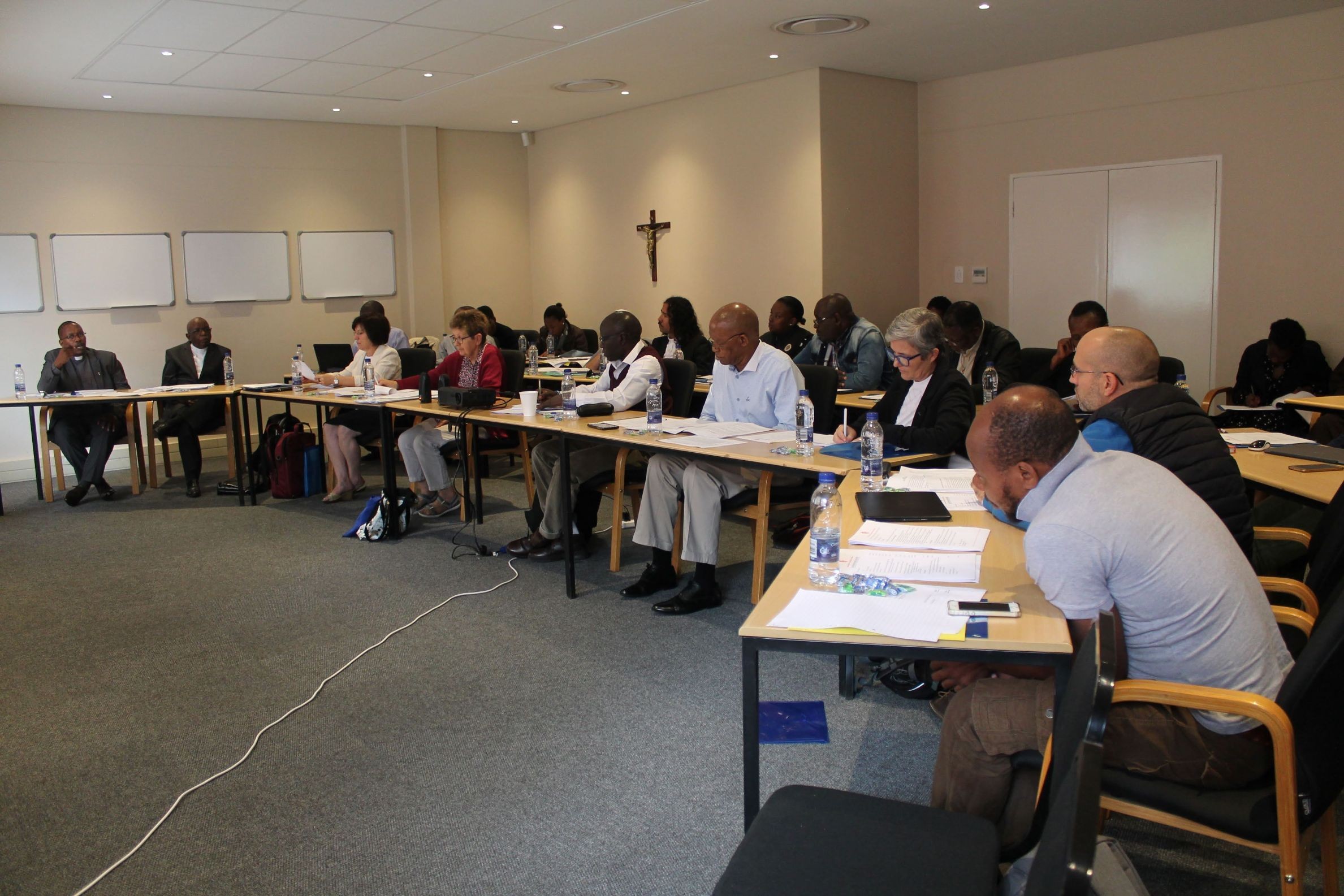Annual Report of Scalabrini Centre of Cape Town
We welcome the publishing of the 2018 annual report by the Scalabrini Centre, a precious source of information on the many and different activities. This institution provide to promote the cultural, social, and economic integration of Migrants, Refugees and South Africans in the local society. Besides general oversights, beautiful pictures and accurate data on all services and programs, our readers can enjoy the testimonies of some people who share the impact of the Scalabrini Centre had in their lives...
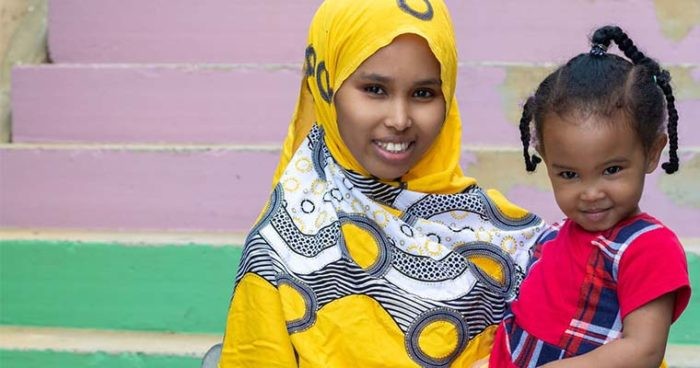
An Inside Look at the Palabek Refugee Settlement
Palabek Refugee Settlement, located in northern Uganda, is home to approximately 36,000 South Sudanese refugees. South Sudan was plagued by civil war in 2013 and conflict still remains in the region. In February of 2019, Father Filippo Ferraro, Executive Director of SIHMA, had the opportunity to visit the settlement and conduct two interviews in order to gain a greater perspective of the reality of these refugees’ ongoing situation. The first interview...
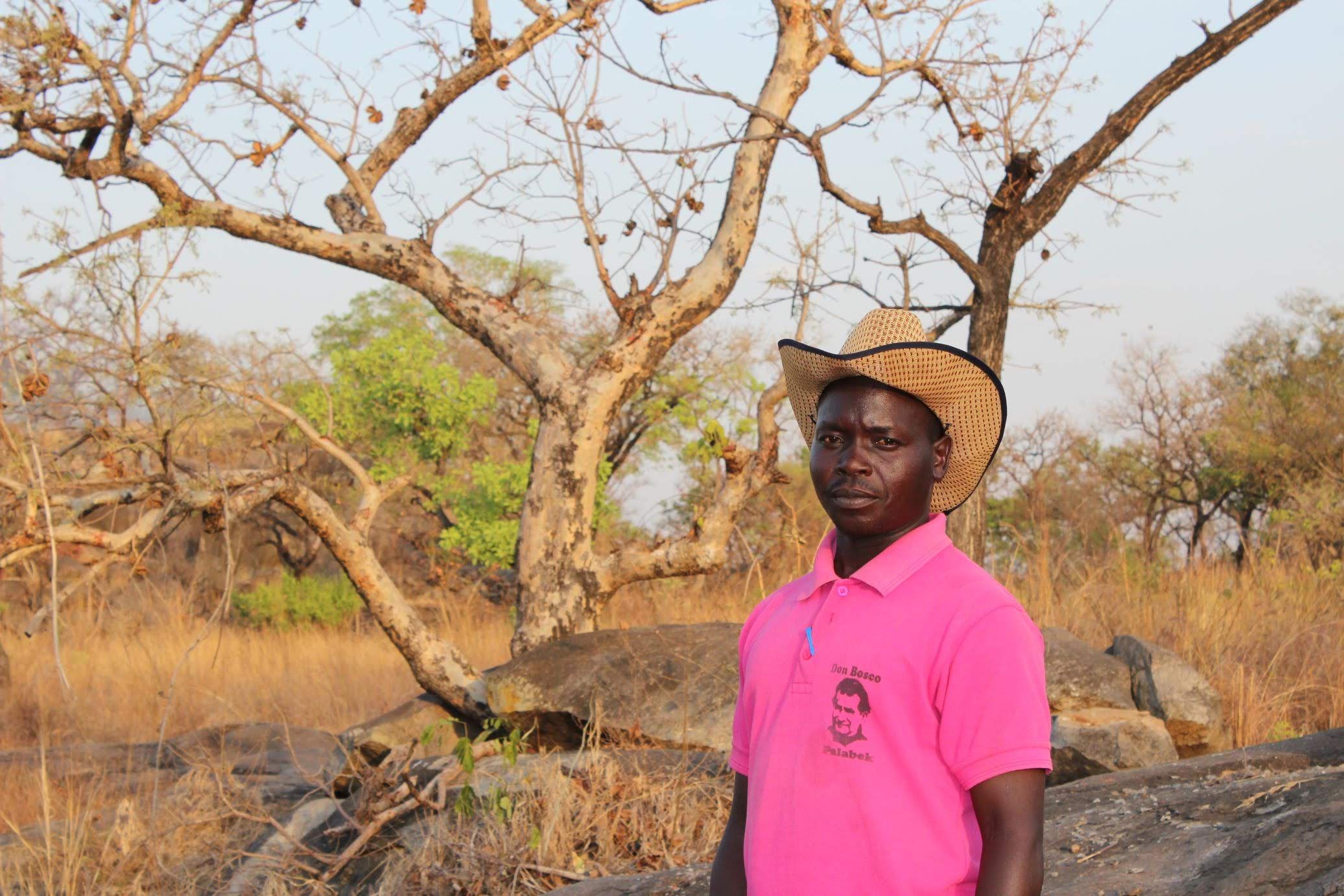
South Africa – Sweden University Forum (SASUF): Migration and Mobilities
On 7 May, 2019, the University of the Western Cape’s (UWC) Research Niche in Migration and Mobilities hosted a special satellite event for the South Africa-Sweden Research and Innovation Week, with the South Africa-Sweden University Forum (SASUF). SASUF is a collaboration between 36 universities in Sweden and South Africa with goals to “strengthen ties between South Africa and Sweden in research, education, and innovation” and to “connect universities with funding agencies, industry, ministries, and society in working towards...
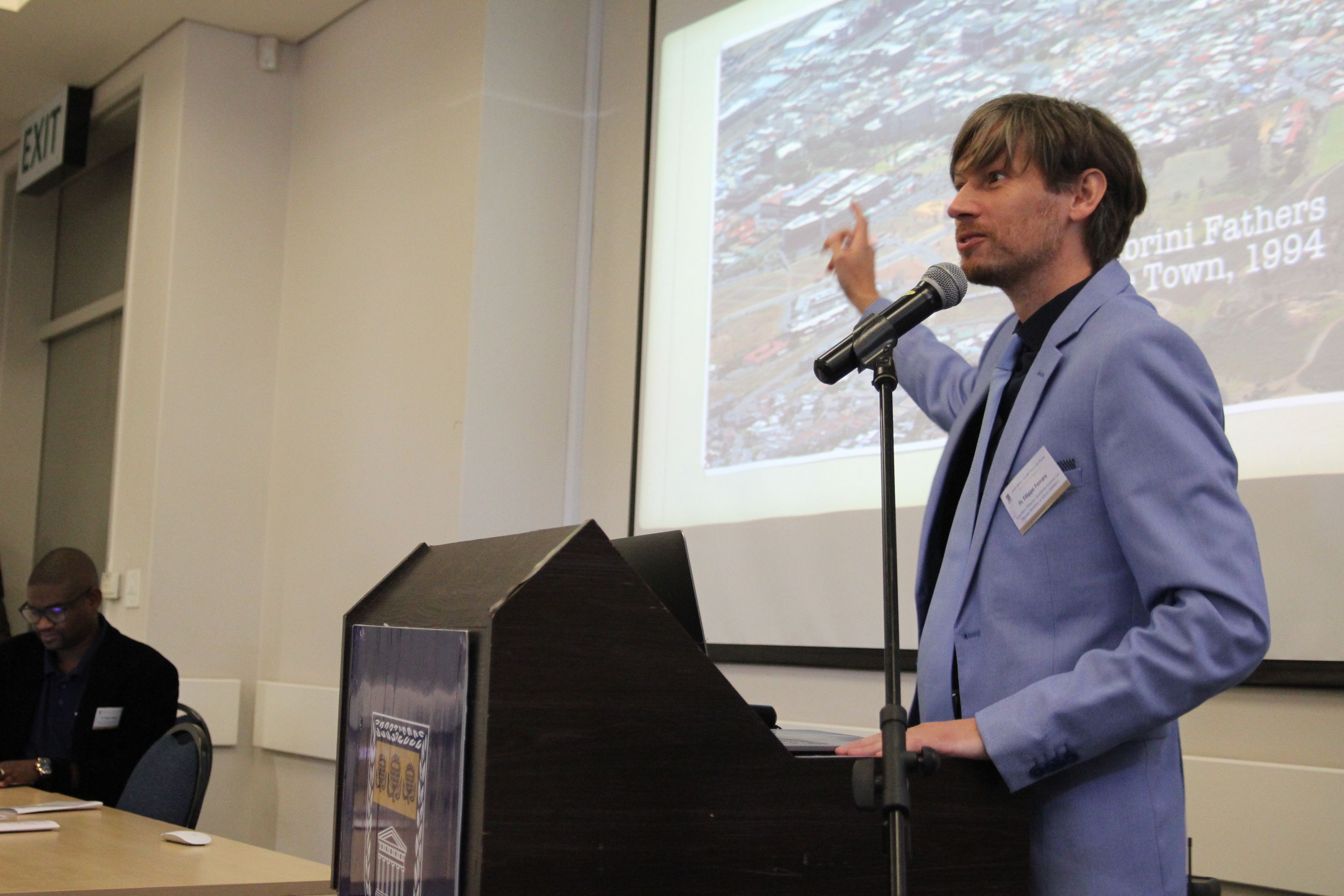
A Journalist’s Guide Report on Migration in South Africa
The Journalist’s Guide Report on Migration Issues in South Africa is a must-have for anyone interested in journalism. Edited by organizations such as Scalabrini Center, African Centre for Migration and Society, Sonke Gender Justice, Consortium for Refugees and Migrants in SA and many others, the guide aims to provide a reliable resource covering the main problems related to migration issues in South Africa. Besides valuable information, the guide also suggests an ethical way of writing for journalists, editors, and media...
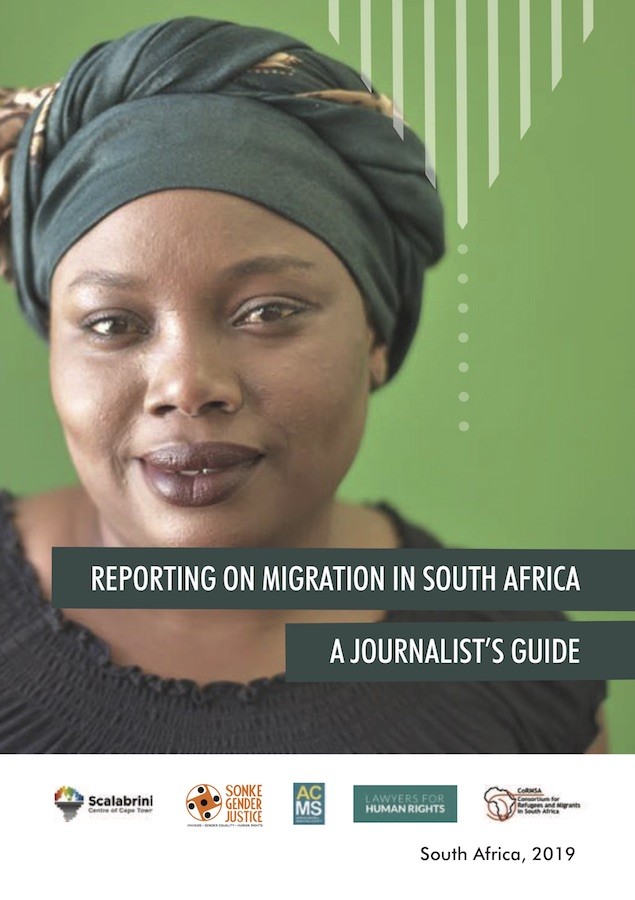
‘Denied Access’ – Movie Screening
On the 19th of March, a documentary screening was held at Scalabrini Centre, showing the movie ‘Denied Access’. The documentary, launched by the Jesuit Institute South Africa (JI) in December 2018, discusses forced migration in South Africa. The movie is sponsored by the Society of Jesus in South Africa and JI, as part of their joint social agenda. At the screening at Scalabrini Centre were also present one of the makers of the movie, Ricardo Da Silva, and...
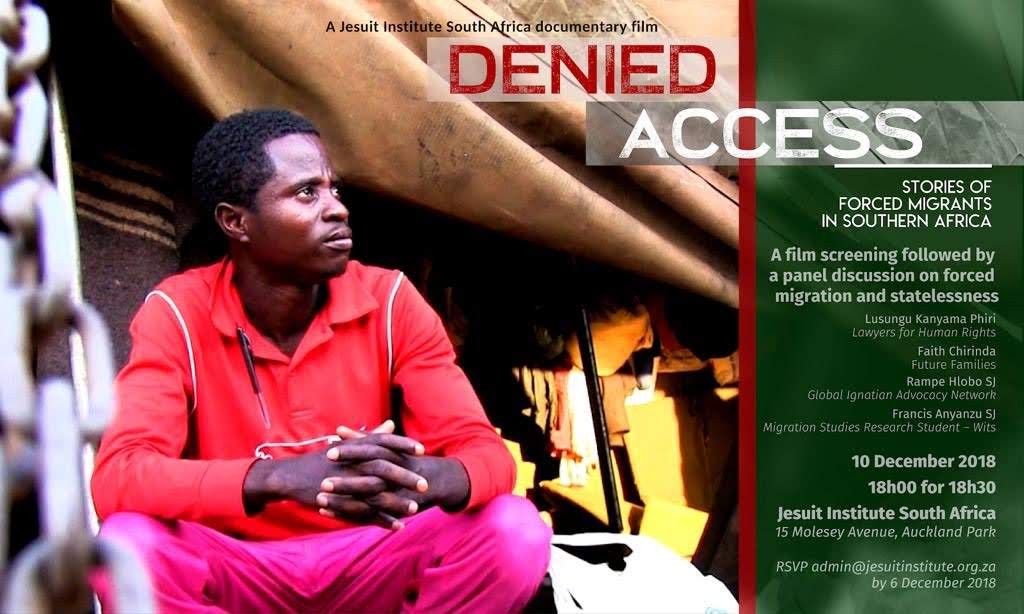
SACBC Workgroup on Migrants and Refugees
In 2018, the Workgroup’s meeting, organized by the South Africa Catholic Bishops’ Conference (SACBC) Office for Migrants and Refugees, took place in Johannesburg on the 20th of February and the 17th of September. Pastoral Care of Migrants and Refugees within the conference territory is coordinated by a multidisciplinary Team, including SIHMA, Jesuit Refugee Service, Caritas, The Catholic Parliamentary Office, Catholic Relief Services (CRS), Directors of Pastoral care of South African Dioces and various refugee consortiums. The...
